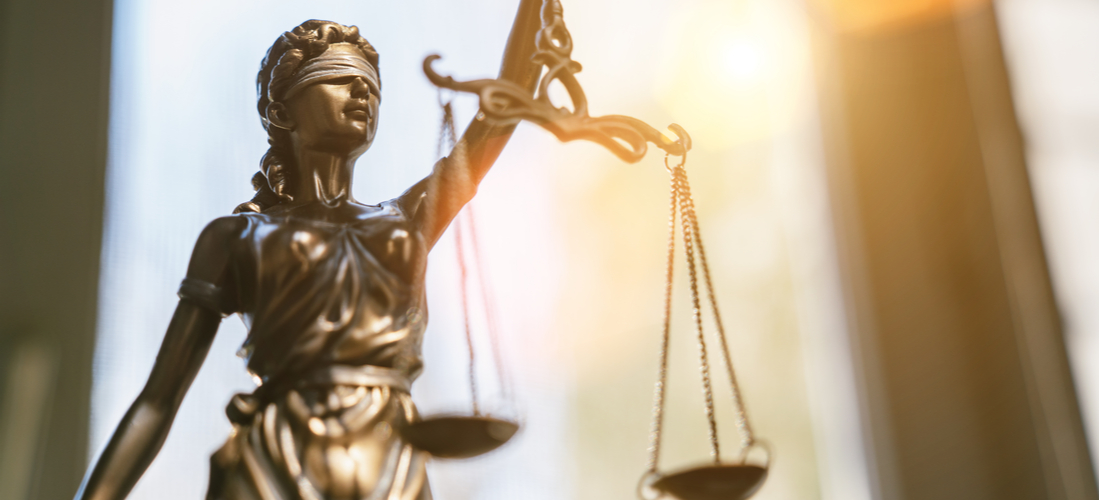To ensure a right of way, a caveat is required. Any interested person in relation to their dealings on land, houses, shops, businesses, or properties that may be affected by the act approved by the proceedings can file for this. Find out what happens after a caveat is filed?
Introduction
A caveat petition is a legal document filed in court to prevent someone from obtaining a grant, deed, or will. A caveator is a person who is filing a caveat petition. The purpose of a caveat is to protect the interests of the caveator.
For example, suppose the caveator is owed money by the person who is trying to obtain the grant, deed, or will. In that case, the caveat petition will prevent that person from getting the property until the debt is paid.
Who Can File a Caveat Petition?
Caveat petitions may be filed by anyone, but they are usually filed by a next of kin or someone who stands to inherit property from the deceased.
How Do I File a Caveat Petition?
You must file the caveat appeal in the probate court in the county where the deceased person lived.
You will need to provide the court with:
- The name and address of the person who is trying to obtain the grant, deed, or will (known as the ‘proponent’)
- The name and address of the deceased person
- A copy of the death certificate file
- The reason why you are filing the petition.
What Happens During the Process?
A caveat petition is filed to request that a court overturn a decision without the petitioner’s input. The process can be lengthy and involves many people and organizations.
Below is a summary of what happens in a caveat petition:
- The petitioner files a request with the court, asking that the original decision be overturned
- The court reviews the request and decides whether or not to hear the case
- If the court decides to hear the case, it will appoint a panel of experts to review the evidence and make a recommendation
- The panel reviews the evidence and makes a recommendation to the court
- The court makes a final decision based on the panel’s recommendation.
Note: The validity of the caveat petition is only 90 days after it is filed. If the application is filed against the caveator within 90 days of filing the caveat, the caveator has a right to be informed and may request a hearing.
Who Is Involved in the Caveat Process?
When someone files a caveat, there are a few people who become involved in the process:
- The person who filed the petition is known as the petitioner.
- The person against whom the petition was filed is known as the respondent.
- There is a third party known as the court-appointed referee.
Referees are responsible for advising the court whether or not the respondent should be allowed to keep their property. They will listen to both the petitioner and respondent in order to make this recommendation. If necessary, they may request additional information or documentation from either party.
Once the referee has made their recommendation, it will be up to the court to decide whether or not to allow the respondent to keep their property. There may be some conditions that the court may impose if they decide to let the respondent keep the property. The property will be put up for sale if they don’t let the respondent keep it.
How to Decide if a Caveat Petition Is Right for You?
When you’re considering filing a caveat petition, it’s important first to understand the process and its involvement. These are legal documents that challenge the validity of a will or other document. For a petition to be valid, the petitioner (the person filing the petition) must have standing, meaning they would be affected by the will or other document if accepted. A person named an heir in the choice would have the right to file a caveat appeal.
The most common reason for filing a caveat petition is to contest the validity of a will. The petitioner must show that the will was not properly executed according to state law or that the testator (the person who wrote the will) lacked testamentary capacity, meaning they did not understand what they were doing when they signed the will. Other grounds for contesting a will include duress, menace, fraud, and undue influence.
Once a caveat petition is filed, the court sets a hearing date. At the hearing, both sides will present evidence and witnesses. The judge will then decide whether or not to invalidate the will or other documents. If the judge invalidates the will, assets will be distributed.
Conclusion
A caveat petition is a legal process used to stop or delay the sale of a property. It is essential to understand the process and what happens before signing any paperwork. An experienced lawyer can help determine if this is the best course of action for your situation and represent you in court.
Read more,









